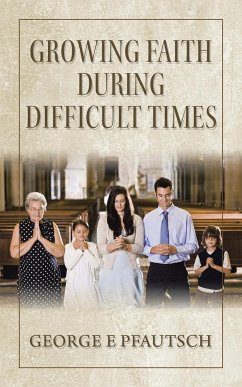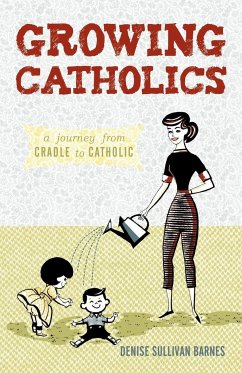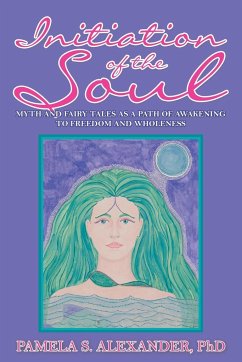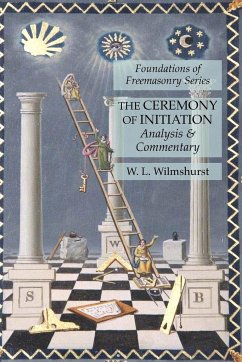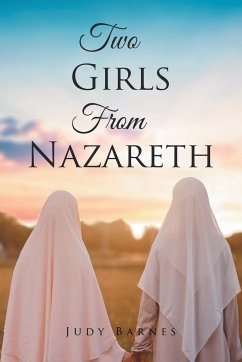Nicht lieferbar
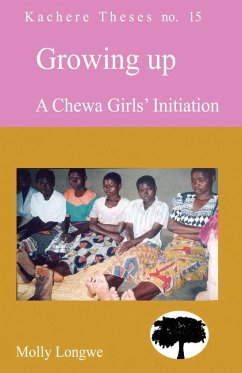
Growing Up. A Chewa Girls Initiation
Versandkostenfrei!
Nicht lieferbar
Worldwide, societies have instituted rites of passage to mark transition, and African societies has given much prominence to them. Important as transition rites are, they are everywhere under the pressure of change. Even before colonial times the Chagga reduced the boys' initiation from three months to one; and the Zaramo in Tanzania who in the 1930s secluded their girls from the onset of menstruation to marriage, reduced the seclusion to one week. Both the Chagga and the Zaramo made the changes as a group and without major outside influences. In other societies specific outside influences are...
Worldwide, societies have instituted rites of passage to mark transition, and African societies has given much prominence to them. Important as transition rites are, they are everywhere under the pressure of change. Even before colonial times the Chagga reduced the boys' initiation from three months to one; and the Zaramo in Tanzania who in the 1930s secluded their girls from the onset of menstruation to marriage, reduced the seclusion to one week. Both the Chagga and the Zaramo made the changes as a group and without major outside influences. In other societies specific outside influences are strong, as among the Chewa in Central Malawi where the Presbyterian Nkhoma Mission around 1940 forbade the traditional chinamwali for its members and replaced it by a Christian chilangizo with some success. There appears to have been much less success on the Baptist side which attempted a similar approach in the 1960s. This book investigates that phenomenon: what factors caused the Baptist approach to fail, give initiation for girls was as important; what is the traditional initiation which any new approach would have to replace; and how could a chinamwali be framed for Chewa girls that is equally Christian and culturally relevant?






